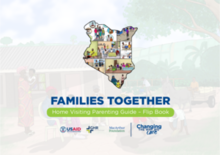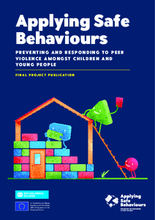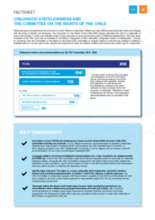Displaying 521 - 530 of 4424
Families Together is a positive parenting program for use with families at risk of separation and families undergoing reintegration of children from residential care.
Families Together is a parenting curriculum for families who have a child reintegrating into the home. The program is an adapted version of the Skillful Parenting Programme, designed and delivered in Kenya by Investing in Children and their Societies (ICS).
In the project “Applying Safe Behaviours”, SOS Children’s Villages is working to enable children, young people and professionals to prevent and appropriately respond to peer violence amongst children and young people in alternative care an
This webinar was organized by India Alternative Care Network (IACN) in association with Miracle Foundation India, on April 28, 2023, with the objective to understand gatekeeping, it's components, tools, mechanisms, stakeholders and their role in gatekeeping and learning some promising practices at the primary and secondary levels of gatekeeping.
This webinar provided an opportunity for the care community to share experiences on the transformation of residential care.
During this webinar, participants will explore the Christian call to “care for the orphan”.
This document includes useful graphic information, ‘analysing CRC Committee recommendations on the child’s right to nationality and the protection of stateless children, capturing a snapshot of progressive engagement by the Committee on these issues between 2010-2020’. The factsheet is a brief and very useful document for all actors wishing to engage with the CRC Committee.



